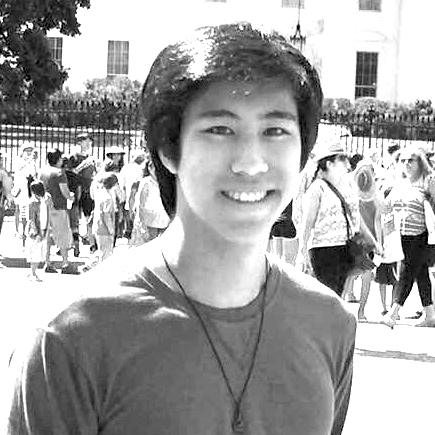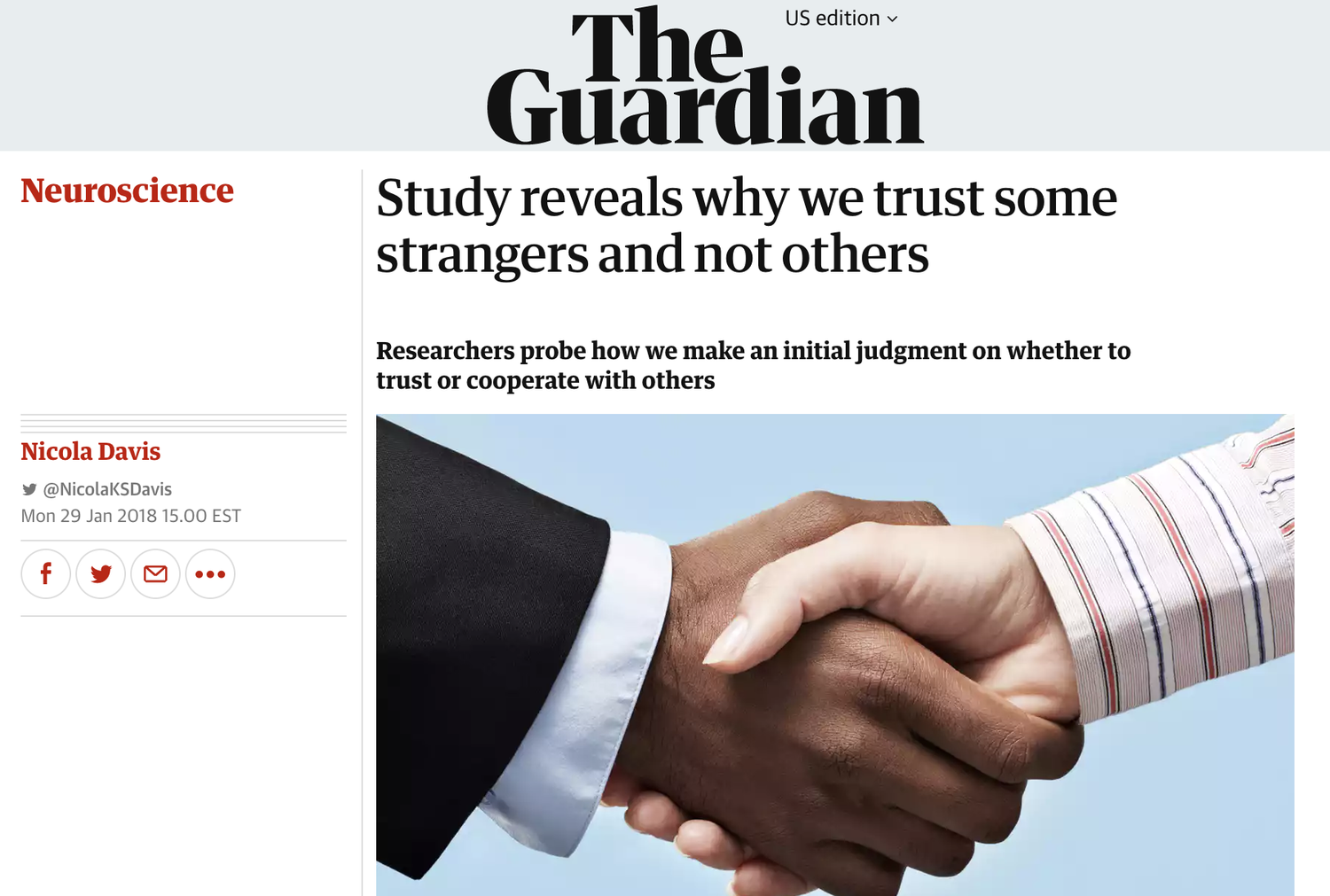The success of our political institutions, environmental stewardship and evolutionary fitness all hinge on our ability to prioritize collective-interest over self-interest. Despite considerable interest in the neuro-cognitive processes that underlie group cooperation, the evidence to date is inconsistent. Several papers support models of prosocial restraint, while more recent work supports models of prosocial intuition. We evaluate these competing models using a sample of lesion patients with damage to brain regions previously implicated in intuition and deliberation. Compared to matched control participants (brain damaged and healthy controls), we found that patients with dorsolateral prefrontal cortex (dlPFC) damage were less likely to cooperate in a modified public goods game, whereas patients with ventromedial prefrontal cortex (vmPFC) damage were more likely to cooperate. In contrast, we observed no association between cooperation and amygdala damage relative to controls. These findings suggest that the dlPFC, rather than the vmPFC or amygdala, plays a necessary role in group-based cooperation. These findings suggest cooperation does not solely rely on intuitive processes. Implications for models of group cooperation are discussed.
Beginning of summer: cluster update
We've got lots of updates as we head into our lab's third year!
First, congrats and best wishes to our graduating RAs Margo, Willy, and Zach! There are unique challenges associated with being part of a lab's first cohort, and our RAs rose to the occasion admirably.
Second, a warm welcome is in order to Jeroen van Baar and Logan Bickel! They will be joining us this summer as our new postdoc and lab manager, respectively.
Third, we're excited that Willy and Jae are soon settling into their new roles as grad students in our lab! Willy will be pursuing a fifth-year Master's degree, and Jae will be starting a PhD.
Fourth, congrats to Nancy for being awarded an undergraduate research grant (UTRA)! She will be using the funding to work in our lab over the summer.
SPSP 2018
Congrats to Joey for presenting a poster at SPSP, and to Oriel for giving a talk!
New publication: Stimulus generalization as a mechanism for learning to trust
How do humans learn to trust unfamiliar others? Decisions in the absence of direct knowledge rely on our ability to generalize from past experiences and are often shaped by the degree of similarity between prior experience and novel situations. Here, we leverage a stimulus generalization framework to examine how perceptual similarity between known individuals and unfamiliar strangers shapes social learning. In a behavioral study, subjects play an iterative trust game with three partners who exhibit highly trustworthy, somewhat trustworthy, or highly untrustworthy behavior. After learning who can be trusted, subjects select new partners for a second game. Unbeknownst to subjects, each potential new partner was parametrically morphed with one of the three original players. Results reveal that subjects prefer to play with strangers who implicitly resemble the original player they previously learned was trustworthy and avoid playing with strangers resembling the untrustworthy player. These decisions to trust or distrust strangers formed a generalization gradient that converged toward baseline as perceptual similarity to the original player diminished. In a second imaging experiment we replicate these behavioral gradients and leverage multivariate pattern similarity analyses to reveal that a tuning profile of activation patterns in the amygdala selectively captures increasing perceptions of untrustworthiness. We additionally observe that within the caudate adaptive choices to trust rely on neural activation patterns similar to those elicited when learning about unrelated, but perceptually familiar, individuals. Together, these findings suggest an associative learning mechanism efficiently deploys moral information encoded from past experiences to guide future choice.
The Guardian: Study reveals why we trust some strangers and not others
Popular Science: Got a good feeling about someone? You probably just like the way they look
Now Hiring: Full-Time Lab Manager/Research Assistant
The Social & Affective Neuroscience Lab at Brown University (Lab Director: Oriel FeldmanHall) invites applications for a full-time Research Assistant/Lab Manager (start date to begin July 2018). Our lab uses behavioral, neuroimaging and psychophysiological techniques to explore the cognitive and neural basis of social decision-making (read more at FeldmanHallLab.com).
The research assistant/lab manager will gain experience with all aspects of the research process, which could serve as a launch pad to graduate studies. Primary responsibilities will include: (1) data acquisition using behavioral, psychophysiological, and brain imaging techniques; (2) management and analyses of datasets; (3) subject recruitment and screening; and (4) managing the lab and performing administrative duties, including IRB documentation.
The position is designed for an individual with a Bachelor's degree in psychology, neuroscience, computer science, cognitive science, or related fields. Previous experience in a lab is required. An ability to work independently with good judgment, organizational and time management skills is necessary.
A high degree of familiarity with programs such as E-Prime, SPSS, R, Matlab, SPM (or FSL), AcqKnowledge & BIOPAC systems, is especially desired but not required, and would otherwise be learned on the job. Further duties include managing the day-to-day activities of the lab including running experiments, managing subject payment systems, preparing experimental materials, handling IRB protocols, and training and supervising undergraduate research assistants.
To apply, please submit your application to the Brown University Recruitment webpage at https://brown.wd5.myworkdayjobs.com/staff-careers-brown/jobs (search for Research Assistant REQ142187). Please also email Oriel FeldmanHall (feldmanhall.lab@gmail.com) your CV, a list of statistical and programming expertise, and the contact information of two references.
FYP Presentation
Congrats to Joey for presenting his First Year Project to the department!
UTRA 2017
Congrats to Margo for a successful poster presentation at the UTRA symposium!
New Research Assistant
Welcome to Denai Benopoulou, who is joining us as a research assistant!
APS 2017
Congrats to Marc and Jae for presenting posters at APS!
Undergraduate research grant
Congrats to Margo Hu for being awarded an undergraduate research grant (UTRA) to conduct research in our lab over the summer!
New Grad Student
Welcome to Amrita Lamba, our newest graduate student!
New Visiting Scholar
Welcome to Marc Lluís Vives Moya, a visiting PhD student from Universitat Pompeu Fabra!
Rising Star
Congrats to Oriel for being designated a 'Rising Star' by the Association for Psychological Science (APS)! The Rising Star award recognizes early-stage researchers who have already made great innovations in psychological science and who show potential for continued contributions.
New Research Assistant
Welcome to Tali Sorets, who is joining us as a research assistant!
Our first cohort of Research Assistants
Welcome to Ameyo Attila, Margo Hu, and Willy Lee, our first cohort of research assistants!
Opening our doors
The FeldmanHall Lab officially opened its doors today, welcoming Joey Heffner as its first graduate student and Jae-Young Son as its first lab manager!


























